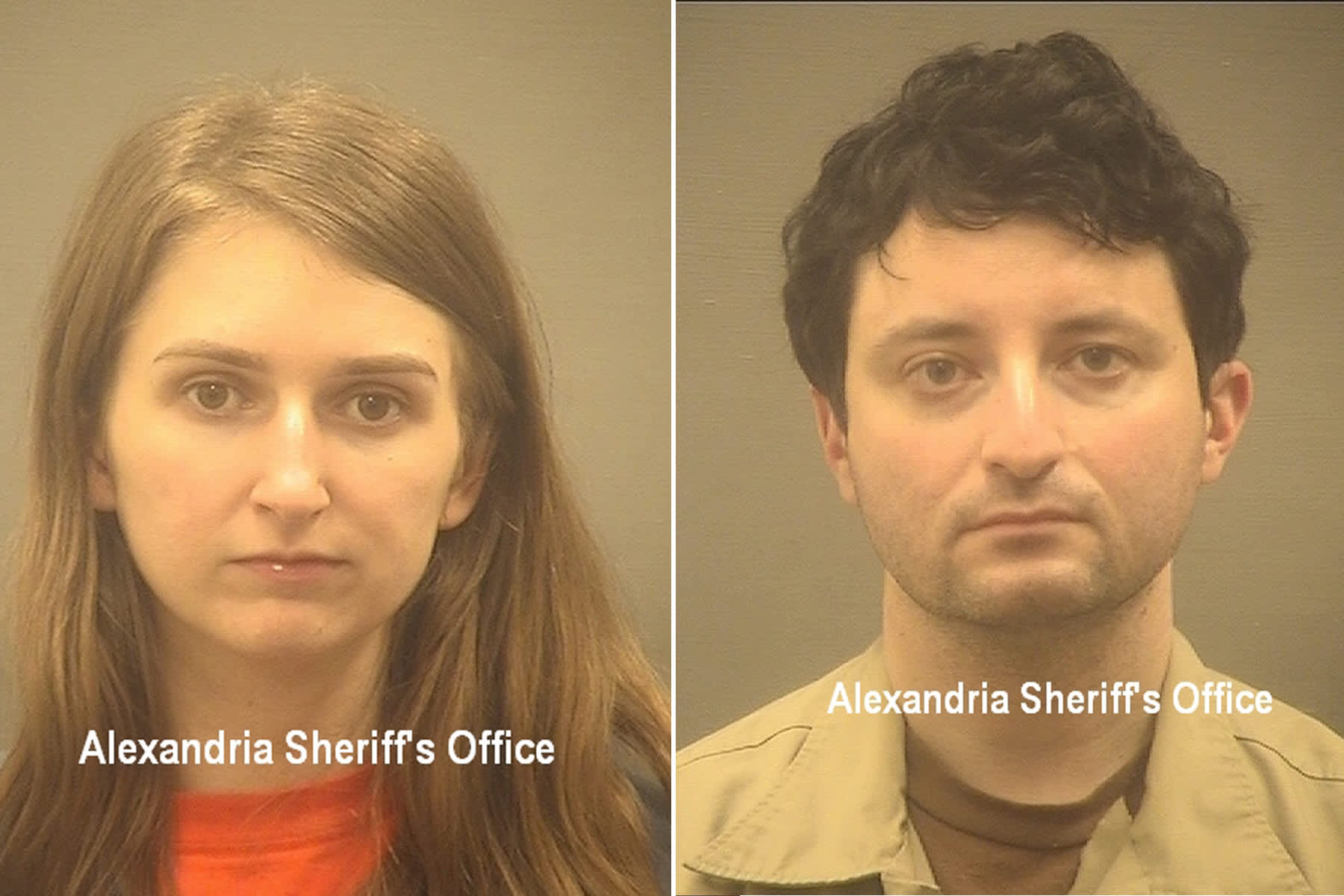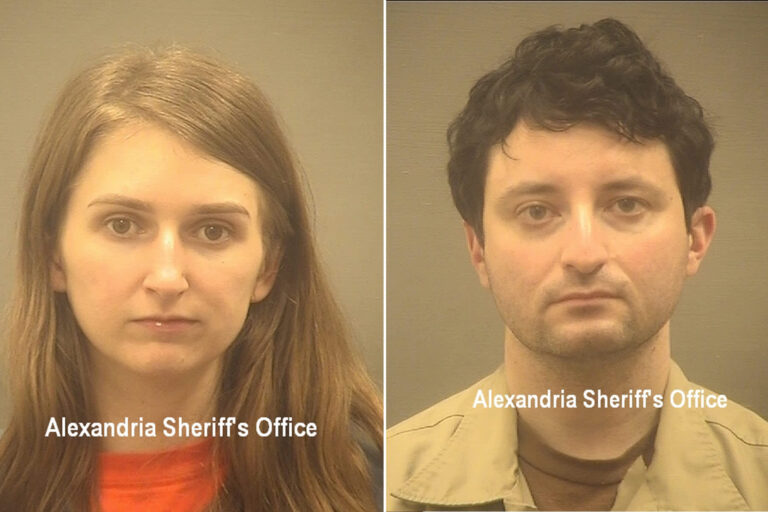Hook: What if the person who hacked one of the largest crypto exchanges in history could turn their skills into something good? Ilya Lichtenstein, the man behind the infamous 2016 Bitfinex hack, is now facing his past, apologizing, and looking to rebuild his life.
In his first public comments since being sentenced, Ilya Lichtenstein, the mastermind behind the 2016 Bitfinex hack, has taken full responsibility for the crime. In a five-minute video shared from prison, Lichtenstein admitted that he was solely responsible for the theft of 120,000 Bitcoin — a crime that was valued at around $70 million back then and is now worth a staggering $12 billion.
Here’s the twist: Lichtenstein cleared his family members from any involvement in the hack, specifically addressing false accusations from a documentary that suggested his wife, Heather “Razzlekhan” Morgan, and his father, Eugene Lichtenstein, played a role. He stressed that his father, who isn’t tech-savvy, had no part in the hacking activities, calling such claims “absurd.” Lichtenstein’s wife, Morgan, had already pleaded guilty to laundering a small amount of the stolen Bitcoin, but Lichtenstein insisted she was unaware of the hack at the time, and he portrayed her as another victim of his reckless decisions.
This is a significant moment for both Lichtenstein and the crypto community. Here’s why: The Bitfinex hack was one of the most high-profile cybercrimes in the history of cryptocurrency, and it left the exchange with a huge financial hole. Lichtenstein’s confession sheds light on how hackers operate and the extent to which crypto assets can be stolen and laundered. His willingness to accept responsibility is crucial for understanding the consequences of bad decisions in the world of crypto.
Key Details to Remember:
- The Crime: Lichtenstein hacked Bitfinex in 2016, stealing 120,000 Bitcoin. At the time, it was worth $70 million. Now, the value of the stolen Bitcoin is around $12 billion.
- Full Responsibility: Lichtenstein admits to planning and executing the hack on his own. He emphasizes that neither his wife nor his father were involved.
- Apologies: Lichtenstein expresses regret for his actions and apologizes to Bitfinex and its users, acknowledging how much stress he caused.
- Restitution and Recovery: Over the past three years, Lichtenstein has cooperated with authorities to help recover the stolen Bitcoin. The restitution process is expected to return over $10 billion by early 2025.
- Future Plans: Despite his past, Lichtenstein aims to use his hacking skills in a positive way, seeking a career in cybersecurity. He plans to help prevent future cyberattacks, using the lessons he’s learned from his time in prison.
Why It Matters: This story is a stark reminder of how dangerous the world of hacking can be, especially in the cryptocurrency space, where assets can be stolen and hidden easily. For anyone interested in cybersecurity or crypto, understanding the steps a hacker takes to execute such a crime and how law enforcement tracks and recovers stolen assets is crucial. Lichtenstein’s journey also shows that people can make major mistakes, face the consequences, and still find a way to turn their lives around.
This case highlights the importance of ethical behavior in the digital world and the potential for those with knowledge of hacking to use their skills for good. In a way, Lichtenstein’s path to redemption could serve as a cautionary tale about the high cost of cybercrime and the opportunities for learning from past mistakes to protect the future.
By paying attention to these developments, you not only gain a deeper understanding of cybersecurity but also get a front-row seat to how criminals are brought to justice in the rapidly-evolving world of digital assets. This knowledge can help you avoid the same mistakes and contribute to making the crypto space safer for everyone.



